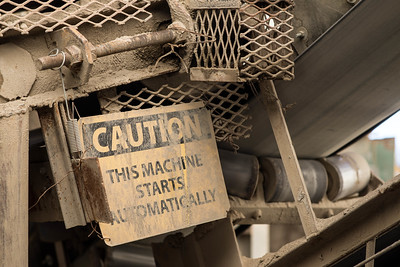Kansas and Colorado have made it official: Their four-year universities automatically award associate degrees when the student amasses enough credits for them. The Kansas Board of Regents approved the policy change last week. They green lit the policy because the completion rate among Kansas public universities is about 50%.
I am sure the move is well intentioned, but the execution will likely hurt the state’s community colleges and their students. The rationale for the automatic award is that it cures the comparatively low completion rate. The national average is around 63%, and the completion rate at Michigan universities is about 81%.
The Kansas Board of Regents aim to “fix” their dropout problem by awarding a degree if/when the student passes a certain credit threshold. Colorado cashes a student out after they’ve disenrolled without completing a degree, if they have also completed at least 60 credits.
There are two problems with this approach. First, an associate degree is not simply a collection of college credits. One would hope that among authentic associate degrees, there is some intentionality to the credits a student completes. (Even when the AS/AA is a “General Studies” degree.) Undergraduate transcripts are littered with credits from false starts and credits that don’t fit into a degree program. Under the Kansas plan, the 60-credit mark will trigger the university to issue associate degrees to those students. It’s more like a receipt than an associate degree.
Second, the resulting degree is likely to “out” the student-turned-alumnus as a washout. Until this point, Kansas four-year universities did not issue associate degrees. Any associate degree from a Kansas university will automatically confirm to an employer or prospective employer that the candidate sitting in front of them didn’t finish what they started.
Automatic associate degrees may harm community colleges
The approach is also likely to hurt Kansas’s community colleges. The State of Kansas separates its universities and community colleges literally. The state forbids a community college to exist in the same county where a state university does. That makes it harder to transfer between institutions. Instead of creating a pipeline of students, it creates an off-ramp.
The move to issue automatic associate degrees is also likely to cause confusion among employers. Will it flag any associate degree (regardless of who issued it) as a sign that the person who has it merely completed half of a bachelor’s degree before stepping away? It undercuts the intentionality of an authentic associate degree in the rush to cure (on paper) the state universities’ non-completion problem.
Finally, an associate degree (regardless of who issues it) doesn’t tend to raise a graduate’s income substantially over that of a high school graduate. Issuing an automatic associate degree may consign a person to lower lifetime earnings. And it may discourage people from going back to complete their four-year program.
Photo Credit: David Stillman , via Flickr









